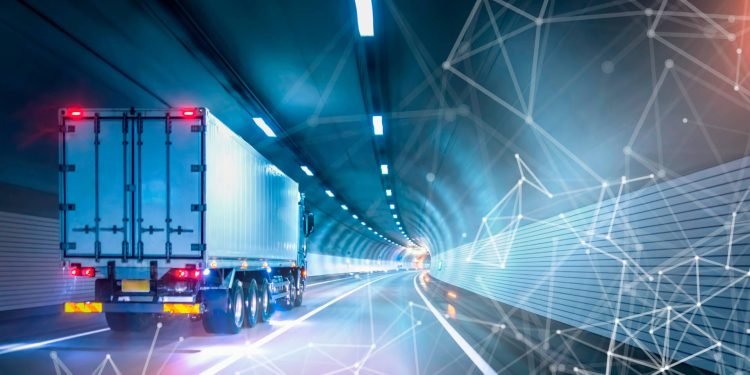As technology continues to reshape the logistics industry, the demand for flexibility, reliable multimodal transport, and real-time shipment information grows among consumers and businesses. With global e-commerce sales projected to hit $6.3 trillion in the coming year, companies are recognizing the urgency to integrate innovative technologies to stay ahead of challenges and disruptions.
Exploring the complexities of the first- and last-mile segments, let’s delve into the key technologies shaping the future of last-mile logistics.
1. Urban Warehouses and Tech-Enabled Lockers:
- E-commerce growth raises customer expectations for swift deliveries. Urban warehouses store limited inventory in strategic locations for faster fulfillment. Amazon.com’s discussions with Simon Property Group about converting department-store spaces into fulfillment centers exemplify this trend.
- Tech-enabled lockers, resembling traditional mailboxes, efficiently store customer orders. Placed in malls or public areas, they offer accessibility through web interfaces or apps.
2. Skyward Bound: Drones, EVs, and Autonomous Vehicles:
- Drones have transcended imagination, becoming a reality in last-mile delivery. Amazon Prime Air leads the way with drone deliveries in various U.S. states.
- Electric vehicles gain traction due to stricter emissions rules, and companies like FedEx and Volkswagen deploy autonomous vehicles for last-mile deliveries. The U.S. Postal Service plans to introduce them in 250,000 rural areas by 2025.
3. Connected Logistics: IoT and Blockchain Solutions:
- The integration of the Internet of Things (IoT) accelerates real-time insights, acts as a data hub, and streamlines processes. Location intelligence systems, powered by IoT, provide logistics companies with precise geographic details about each vehicle in the fleet, enabling real-time updates on driver efficiency, fuel status, and suggested routes.
- Blockchain technology ensures secure and transparent movement of goods, preventing counterfeiting, detecting unauthorized diversion, and maintaining ledgers for regulatory compliance.
4. Intelligent Routing: AI’s Impact on Last-Mile Efficiency:
- AI-powered route optimization tools revolutionize the delivery process by offering real-time visibility and reducing operating costs. Analyzing traffic patterns, road congestion, and weather conditions, AI optimizes deliveries based on vehicle capacity, location, time constraints, historical performance, and demand fluctuations, ultimately reducing transit time and fuel costs.
The logistics industry’s future in last-mile delivery performance appears promising as providers harness these innovative technologies. By meeting customer expectations, optimizing operations, reducing costs, and enhancing agility, the industry is poised for significant advancements in navigating tomorrow’s logistics landscape.























